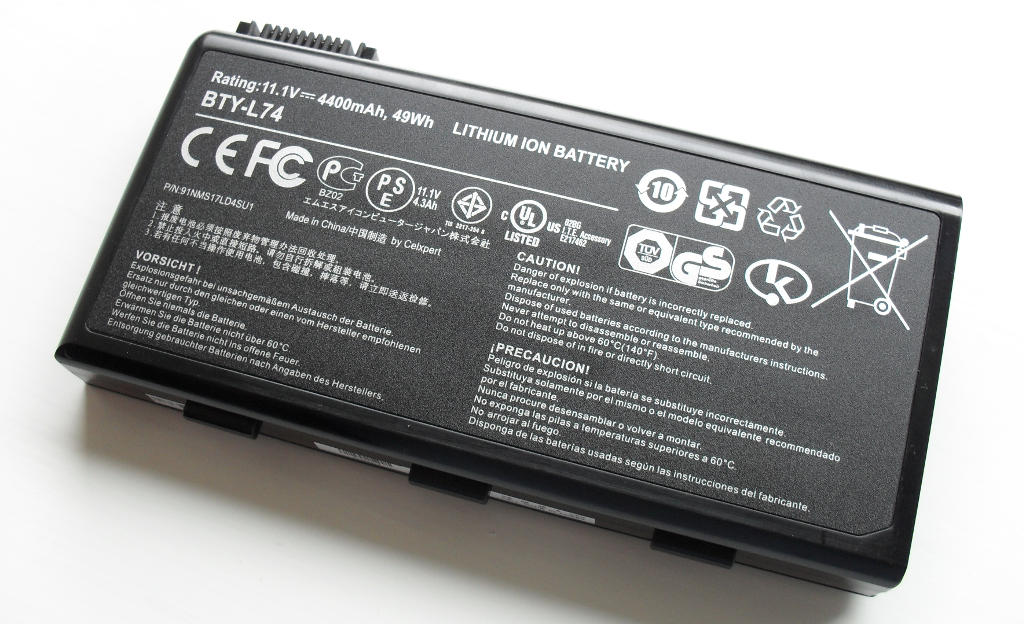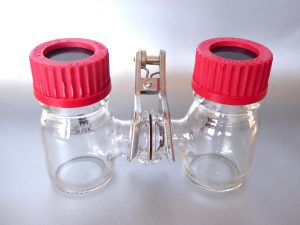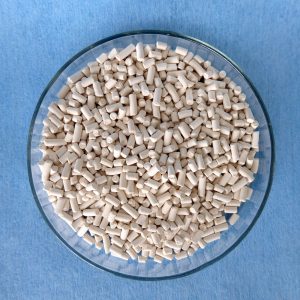
In todays Li-ion batteries, cobalt oxide cathodes improve performance and durability. While, such cobalt cathodes show the same performance as nickel oxide cathodes, they come at a higher price. Nickel cathodes, in turn, crack and dissolve quickly, which reduces their lifespan. Nevertheless, nickel cathodes are very popular because they are so cheap.
Now, the research team led by Jaephil Cho of the Ulsan National Institute of Science and Technology in South Korea has developed a cathode made of more than 80% nickel. The researchers reported in the journal Energy & Environmental Science that a cathode coated with nanocrystals of cobalt aged more slowly than conventional nickel cathodes. After recharging 400 times at room temperature, the battery was able to retain 86% of its original capacity.
The novel nickel cathodes could help meet the growing demand for rechargeable batteries in electric vehicles if cobalt prices rise in the future.
(Photo: Wikipedia)




